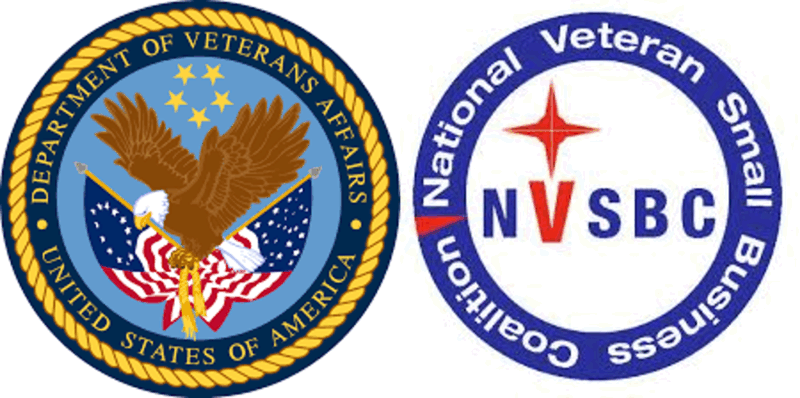Distributor's Value to the VA Supply Chain

National Veteran Small Business Coalition Members wrote the following description of the value small distributors bring the Department of Veteran Affairs supply chain.
The goal of a robust “supply chain” should be to manage the life cycle of product acquisition and logistics from requirements development thru to actual care giver or patient product usage. In laymen’s terms delivering the right product at the right time, to the right location, at the right cost. As no one entity, government or business can do this by themselves, multiple layers or players are required. Also, a high-quality supply chain cannot be measured by cost alone. This is especially true in the federal government marketplace as the myriad collection of rules, regulations and policies do not always lend themselves to an efficient, robust supply chain. Many manufacturers whose business is concentrated in the commercial sector of our economy frankly are reluctant to play in the federal marketplace without distributors.
Small distributors who are effective, efficient and responsive provide value to both manufacturers and customers which cannot be duplicated. Manufacturers make products, but not necessarily in the quantities, packaging, or other requirements of the customer. Similarly, customers needs are not aligned with the business model of the manufacturers. The key to an effective and efficient supply chain is the “distributor” who can meet the needs of both the manufacturer and the end customer.
Unfortunately, many times manufacturers and customers who generally work only in large volume arenas believe only large distributors can meet their need. In reality, small distributors who by nature are more nimble, responsive, and many times offer lower cost are a better solution for both manufacturers and end customers. Also, many times the staffs of small distributors have a better command of government rules, regulations and policies than either the manufacturers or customers.
Services or “value” a small distributor brings to a manufacturer in the government space include the following:
- In-depth understanding of federal government specific rules, regulations and procedures including country of origin, Trade Agreements, FDA regulations, set-asides, etc.
- Protection against “Most Favored Customer” penalties.
- In-depth understanding of agency organizational structure.
- Additions to in-house sales forces with an in-depth understanding of the differences between commercial and government contracting.
- Access to federal contract vehicles such as Federal Supply Schedules, MSPV products, national contracts, DAPAs, E-CAT, etc.
- Assist manufacturers to obtain government contract vehicles such as Federal Supply Schedules, MSPV, E-CAT, DAPAs, national and local contract vehicles.
- Monitor bid boards for upcoming opportunities.
- Warehouse products, inventory management, packing & shipping, tracings and processing returns.
- Manage small quantity orders.
- Provide sales and usage reports.
- On-going access to distributor’s senior leadership.
- Assist in bringing new technologies to the customer.
Services or “value” a small distributor brings to a government customer include the following:
- Knowledge in requirements development.
- Objective understanding of various products performance characteristics.
- Help identify best products for specific needs.
- In-depth understand of government rules, regulations, and procedures.
- Brings efficiencies and support to customer contracting staffs.
- Provide expedited contracting vehicles thru directed awards.
- Ensure product quality and compliance with government specific regulations.
- Deliver products in quantities and time frames required by the customer.
- Deliver in packaging and methods most advantageous to the customer.
- Provide installation and warranty support.
- Provide expedited shipping to meet customer needs.
- Manage inventories and provide inventory and usage reports.
- Process returns.
- Provide post sales clinical education and training.
Working with veteran and service-disabled veteran-owned small businesses achieves the Federal mandate to award contracts and subcontracts to such businesses as Congress has determined to be in the nation’s best interest to maintain a robust supply chain.
Specifically addressing veteran and service-disabled veteran-owned small businesses there is a very real sense of “mission” to support the Departments of Defense and Veterans Affairs. As veterans we have used and continue to use the medical systems established for our use. Not only do we understand the mission but more importantly we CARE about the mission!
Without the active involvement of small veteran and service-disabled veteran-owned small business distributors the government will experience:
- Less competition leading to higher prices
- Fewer suppliers in times of national emergency
- Lose small business agility and responsiveness
- A dedicated community of suppliers COMMITTED to the DoD and VA mission

